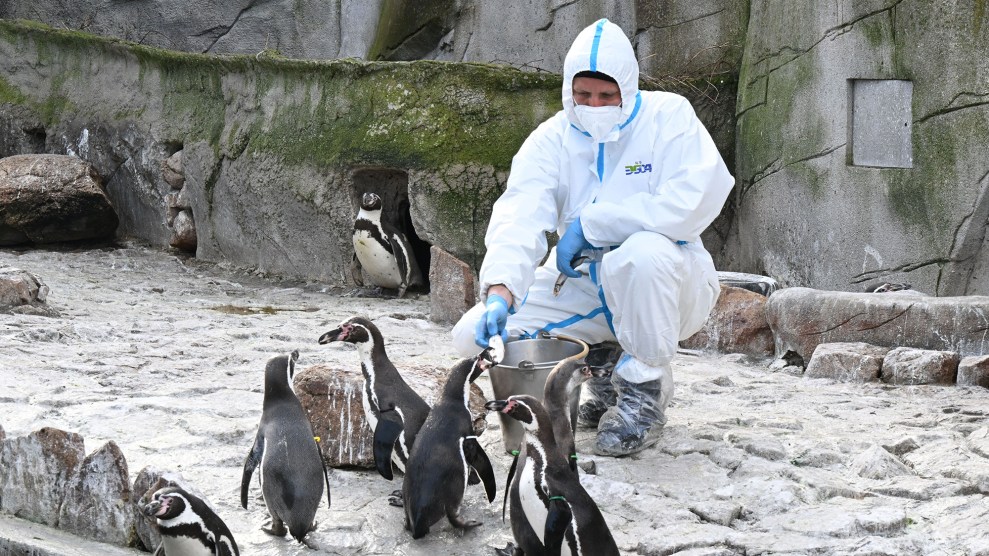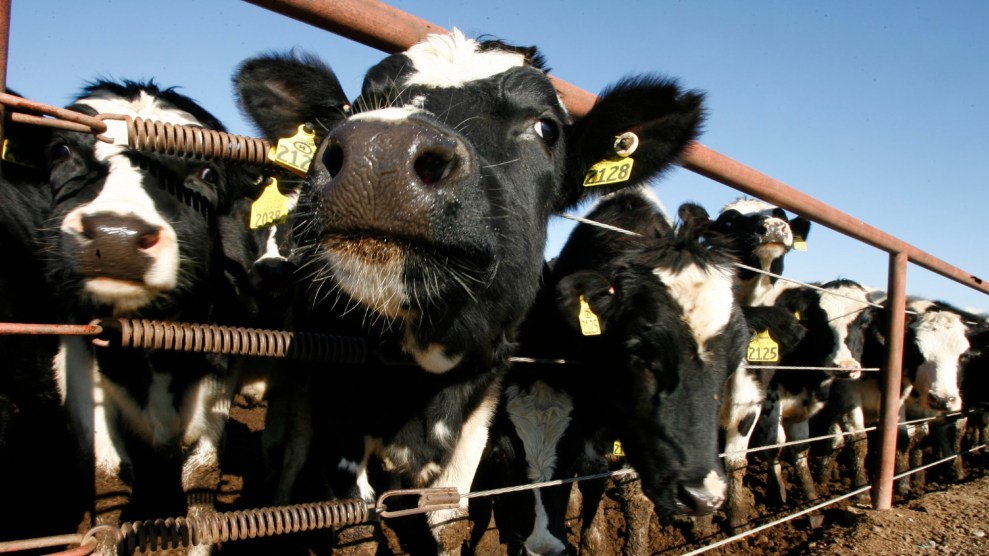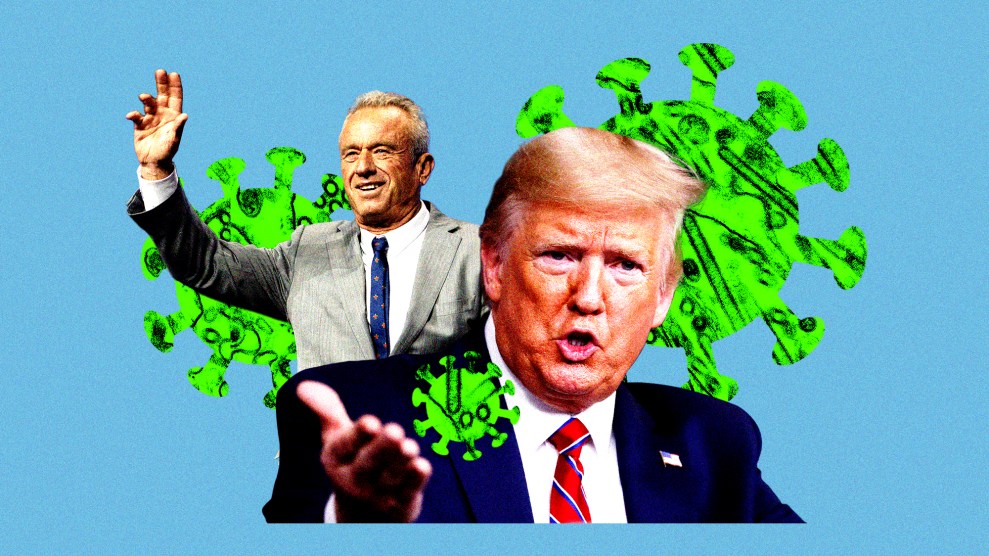
Avian influenza, a highly contagious form of bird flu, was detected at Karlsruhe Zoo in Baden-Wuerttemberg, Germany. Uli Deck/dpa/Zuma
This story was originally published by the Guardian and is reproduced here as part of the Climate Desk collaboration.
Dozens of rare animals including tigers, lions, and cheetahs are dying as bird flu infiltrates zoos, with potentially “grave implications” for endangered species, researchers have warned.
As a growing number of zoos report animal deaths, scientists are concerned that infected wild birds landing in enclosures could be spreading it among captive animals. In the US, a cheetah, mountain lion, Indian goose, and kookaburra were among the animals that died in Wildlife World Zoo near Phoenix, according to local media reports last week. San Francisco Zoo temporarily closed its aviaries after a wild red-shouldered hawk was found dead on its grounds, and later tested positive for highly pathogenic avian influenza (HPAIV). A rare red-breasted goose died at Woodland Park Zoo in Seattle, causing aviaries to close and penguin feeding for visitors to be suspended in November. These cases follow the deaths of 47 tigers, three lions, and a panther in zoos across South Vietnam over the summer.
“Given the potentially fatal consequences of an HPAIV infection in birds and in some mammals, such as big cats, these infections may have grave implications for endangered animal species refuged in zoos,” said Dr Connor Bamford, a virologist from Queen’s University Belfast.
“We need to consider how to manage this situation, either through enhancing zoo biosecurity or by vaccinating zoo animals.”
Researchers say cases have probably emerged in zoos because of infected wild birds flying in and out of enclosures, and this tends to happen more during the migration season. A number of US states, including Louisiana, Missouri, and Kansas, have reported an increase in bird flu cases, especially in geese and waterfowl. There has been a “sharp jump” of cases in Iowa, according to state authorities, after “nearly a year” with no detections of the virus.
“We need to consider how to manage this situation, either through enhancing zoo biosecurity or by vaccinating zoo animals. This instance gives us another wake-up call to the importance of HPAIV and its impacts on animals, and people,” said Bamford.
Researchers have warned for decades that this variant of bird flu could kill primates, rodents, pigs, and rabbits, with reports of Bengal tigers and clouded leopards also being killed. Infections in zoos were not unexpected, said virologist Dr Ed Hutchinson from Glasgow University. Visitors to zoos in the UK in recent years may have noticed bird enclosures being temporarily closed off or netted when the risks of infection by the H5N1 bird flu variant from wild birds were known to be high, he said. “When zoos care for animals from endangered species, taking measures to reduce the risk those animals face from H5N1, such as limiting access of wild birds to enclosures, is particularly important.”
Zoos are usually home to high densities of animals and have varying approaches to biosecurity, health and welfare, and opportunities to be visited by wildlife. These factors affect their vulnerability, according to Prof Rowland Kao, an epidemiologist at the University of Edinburgh. “There isn’t necessarily one thing and one cannot point to a specific zoo and say ‘they did this wrong’ – but those variable factors, the many pathways this virus seems to be taking and the low viruses doses that can potentially start outbreaks, means that it will pop up in all sorts of places,” he said.
Bird flu viruses can be passed among a wide variety of animals. In 2020, a variant spread across the world, finally reaching the Antarctic in late 2023, causing millions of wild animals to die across Eurasia, Africa, North America, and South America on its route. In the US, it fully adapted to cattle, increasing the risk of human infections.
The spread continues in dairy farms, especially in California – the US’s top-producing dairy state – where nearly half of the state’s 1,300 farms have now been affected, and two farm workers tested positive this month. Two indoor cats are suspected to have died in Los Angeles after drinking infected raw milk.
Prof Ian Brown, a virologist from the Pirbright Institute in Surrey, said: “There is always a risk but zoos should take additional hygiene precautions for such species—I know some zoos have confined flamingos to their house during risk periods for spread of virus.”
In some regions, such as the UK and the EU, licensed bird flu vaccines can be used on captive zoo animals. In the US this is not allowed.

















